The Flat White Boer Squash is a unique and versatile winter squash variety. Its distinctive flat, disk-shaped appearance and creamy white rind make it a standout in the gardenhome garden A designated area around a residential property where individuals cultivate plants, fruits, vegetables, or ornamental plants for personal use. It comprises a farming system that combines physical, social, and economic functions on the area of land around a family home, providing a sustainable source of food and other benefits for the household, extended family, and friends.. This squash is not only visually appealing but also boasts delicious, sweet orange flesh that is perfect for baking, roasting, and making soups. Its tough skin allows the squash to store for long-term. This squash is a unique South African variety developed by the ancestors of the Dutch Settlers. The variety commonly produce 10-15 lbs fruits and if cared for properly, the fruits can get up to 30 lbs.
Flat White Boer Squash | Winter Squash
Quick Info
Days to Maturity: 90-110
Scientific Name: Cucurbita maxima
Family: Maxima
Plant Type: Winter Squash
Hardiness: Frost Sensitive
Plant Dimensions: 4-8′ tall, 8-12″ wide
Sowing Info
How to Start Indoors: Start your squash indoors 3–4 weeks before your last spring frost date. Plant 1-2 seeds per cell in your seedling tray. Once your sprouts reach 2-4 inches tall, transplant into a bigger container to grow. Transplant outside when the temperatures are above 18ºC/64ºF
How to Start Outdoors: Sow seeds outdoors when the soil temperature is 16ºC/61ºF. Water the seeds consistently.
Planting Depth (Outdoors): 1″
Plant Spacing (Outdoors & When Transplanting): 24-48″ apart
Growing Info
- Sunlight: The Flat White Boer Squash grows best in full sun.
- Soil: Grows best in well-drained, high in organic matter soil, with a pHpH A measure of the acidity or alkalinity of a solution on a scale of 0-14, with 7 being neutral. In aquaponics it refers to water quality and its effect on nutrient absorption and the health of fish, plants, and bacteria. of 5.5 and 7.5.
- Watering: These squash need consistent moisture, especially during flowering and fruit set.
- Fertilizing: Fertilize with a balanced fertilizer during the growing season. When the plants start to bloom, apply a fertilizer that’s higher in phosphorus and potassium.
Harvesting
To know when your squash is ready to pick is when the stem that connect your squash to the vine turns brown. Another is the fingernail poke test. Use your fingernail and press the skin of your squash. If your nail makes a dent but doesn’t cut the skin, the squash is ripe. If it cuts the skin, leave it to ripen. If you have a frost warning in the forecast, protect your squash or harvest it and let it ripen indoors.
You must be logged in to post a review.


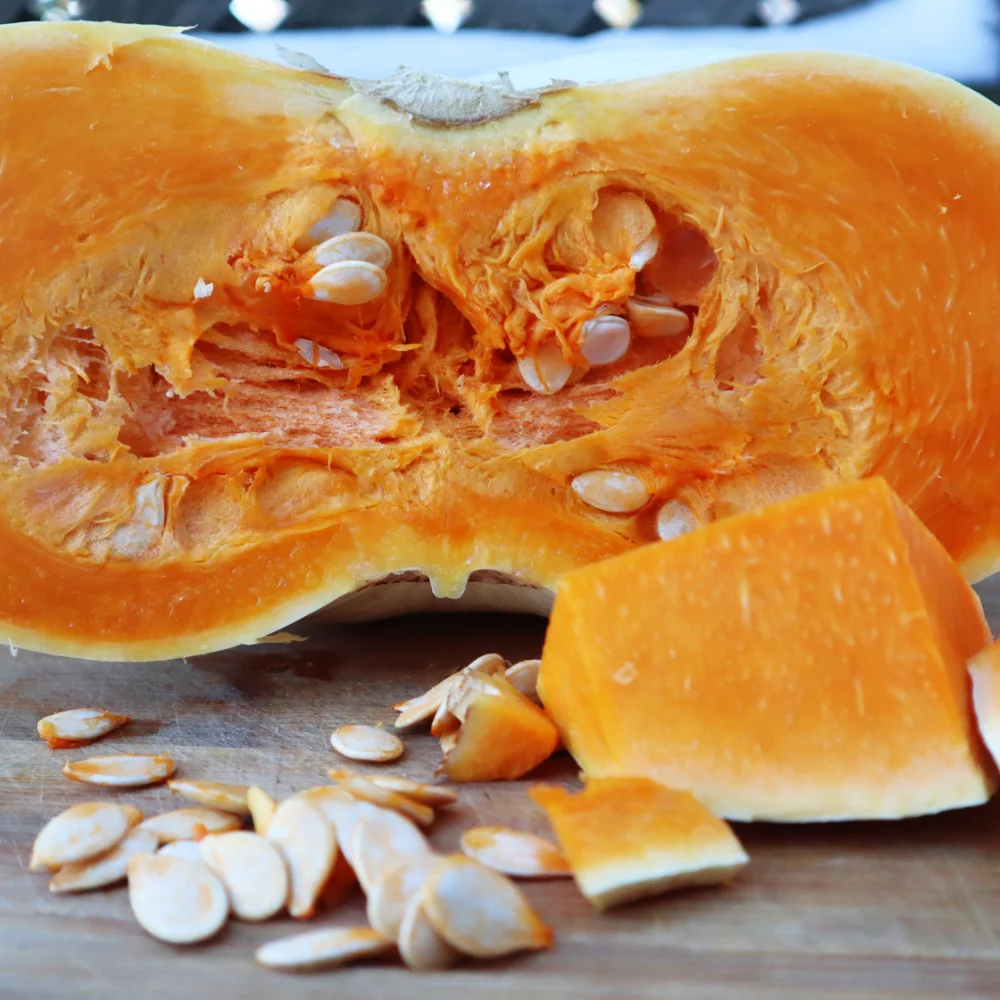
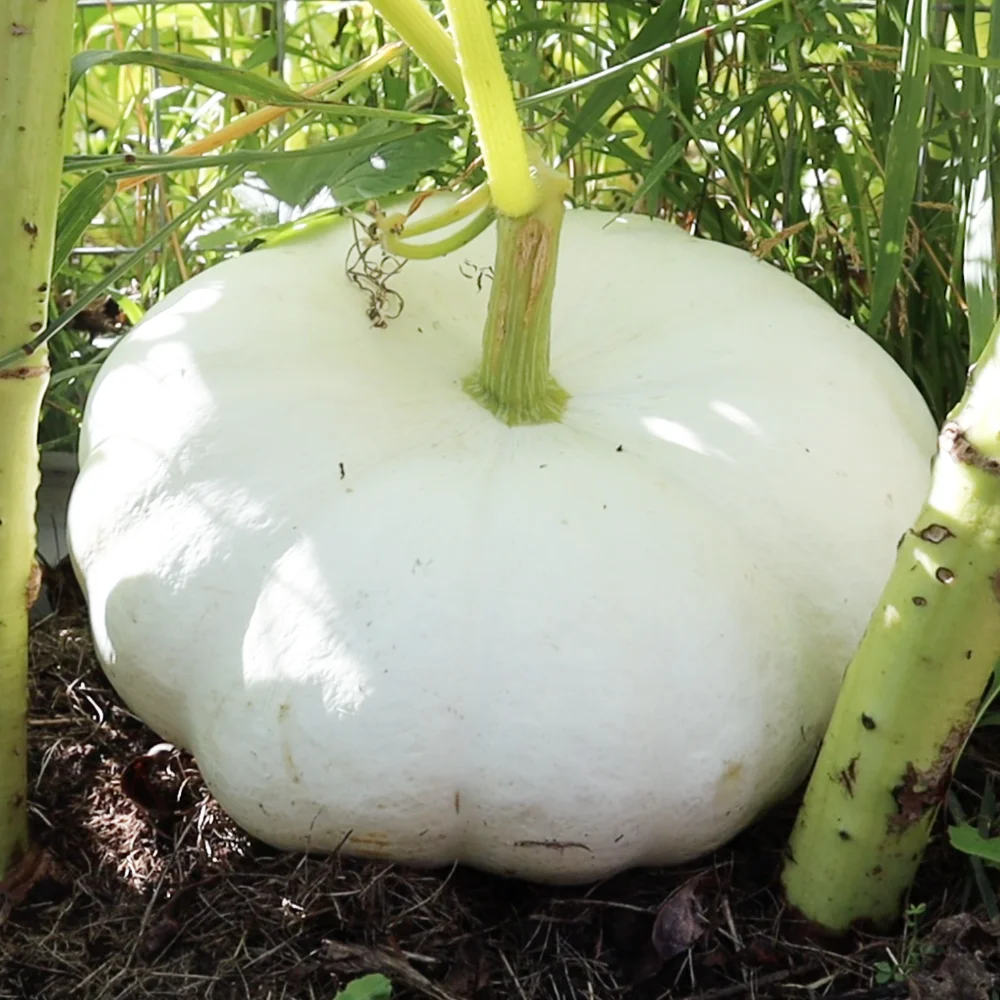
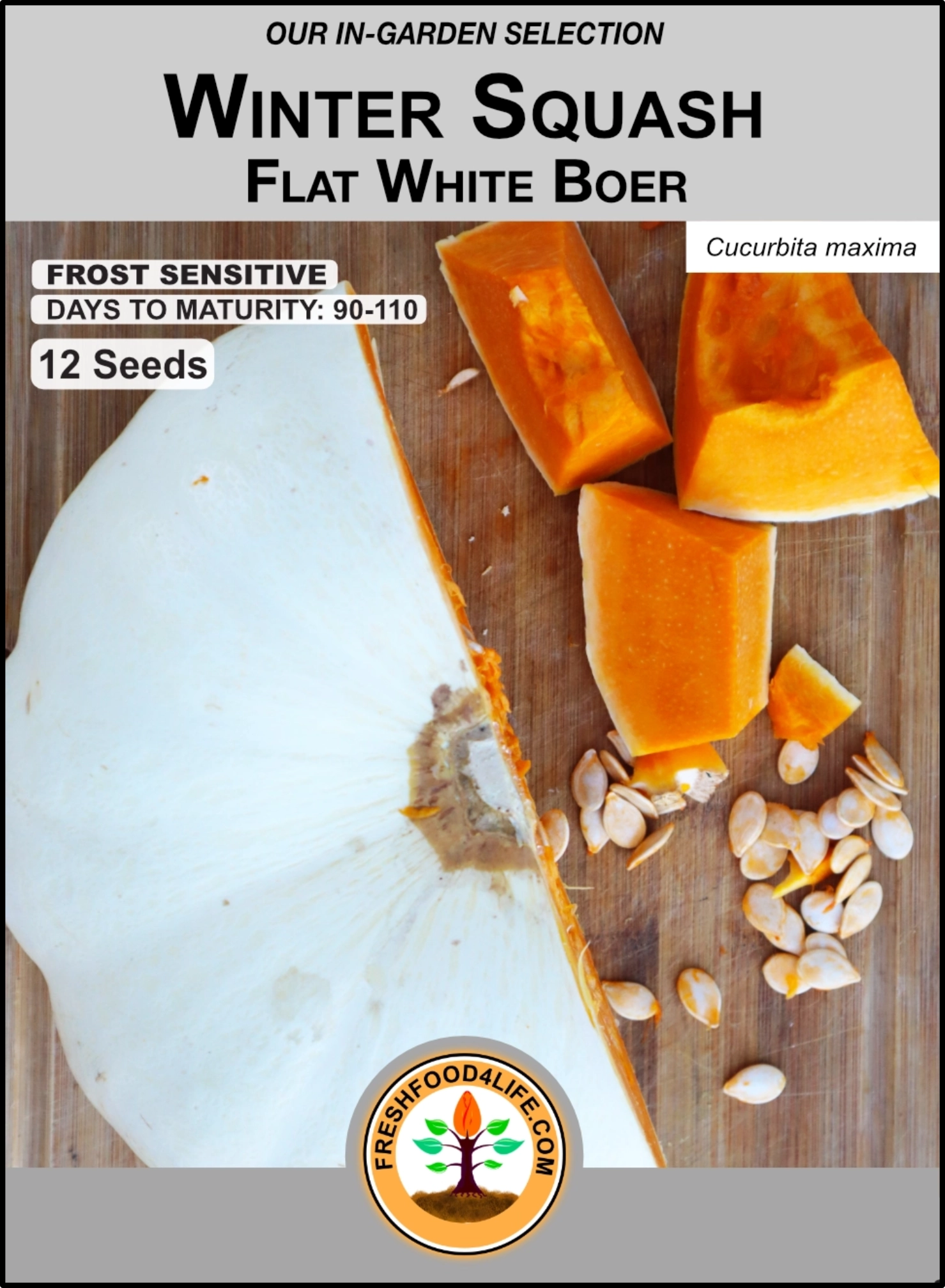

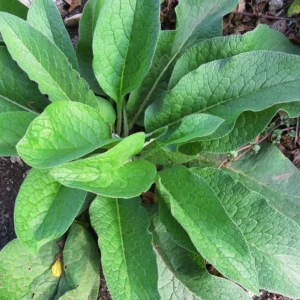
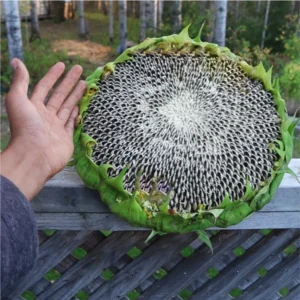
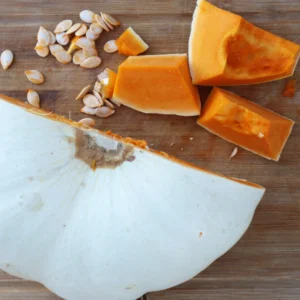
Reviews
There are no reviews yet.